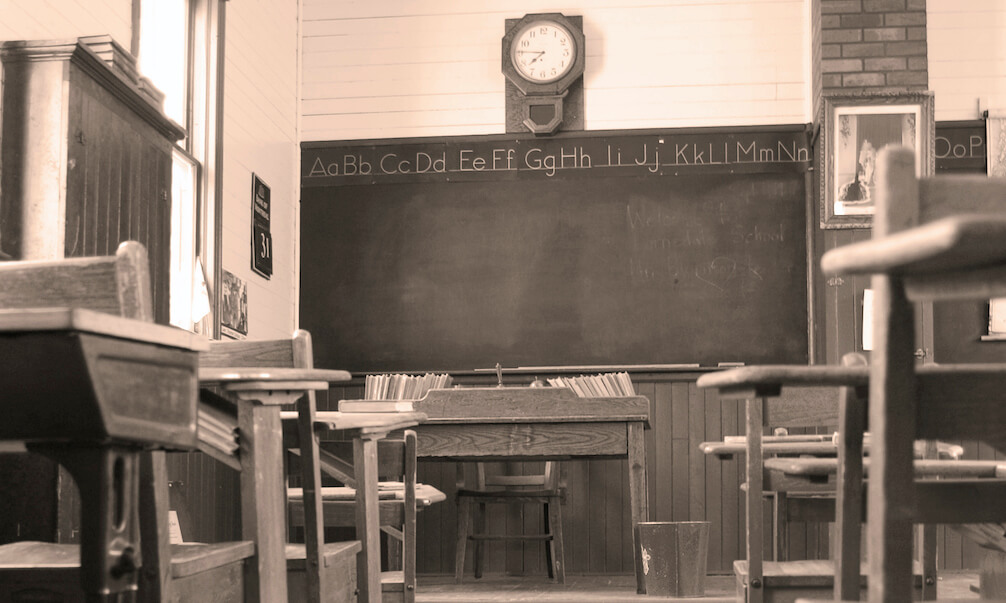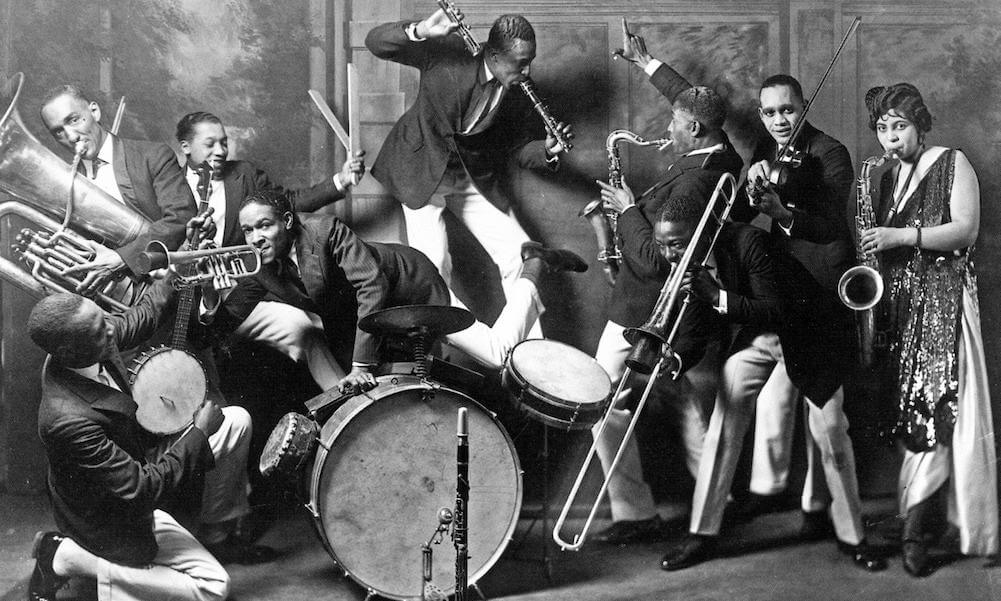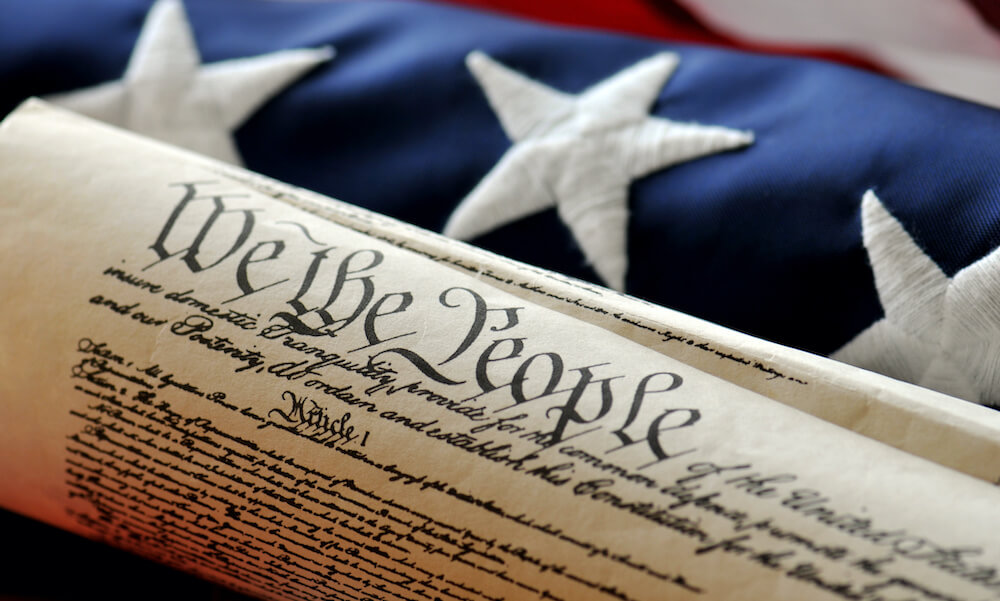Rising from the inhumanity of World War II, the United Nations was established. In 1948, it set forth this declaration of what rights all people the world over should have.


Rising from the inhumanity of World War II, the United Nations was established. In 1948, it set forth this declaration of what rights all people the world over should have.

Learn fun facts about the symbol that represents all Americans, regardless of background or politics.

Read about how a teacher’s extraordinary love and courage left behind a legacy that continues to inspire and touch new generations.

Some legends are ancient, but others have risen more recently. Read the history and inspiration of one of America’s first–and most enduring–ghost stories, The Legend of Sleepy Hollow.

Often, the best way to deal with a fear is to confront it directly. That is why so many cultures have holidays dealing with the idea of our mortality. Learn more about the Mexican Day of the Dead festival–el Día de los Muertos–that takes place every November 1st and 2nd.

Is history repeating itself? Read about the uncanny similarities and drastic differences between the Roaring Twenties and now.

Learn about how the grievances of King George III were used to justify the American Revolution and win French support throughout the war.

The inspiring legacy of Holocaust survivor Arnold Frinland is shared to a worldwide audience via social media.

Every culture has used myths and legends to explain the natural world around them. Watch this short video on the story early Irish residents used to explain a particularly strange rock formation on the northern coast of the island.

Poe’s death is an unsolved mystery. This article present nine theories for the demise of this famous American writer.

Abigail Adams, wife of John Adams, served as an unofficial advisor to the second president of the United States. She also fought for the right of married women to own personal property.

Read about the waves of immigration in the United States and why people chose this country to start new lives in.

Andra and Tatiana Bucci, who were 4 and 6 years old when they were taken to a concentration camp, traveled to the U.S. as adults to reunite with their former caregiver, a kind woman they called “Manna.” Read this article about the reunion.

The systematic elimination of people viewed as political enemies is nothing new. Learn about Stalin’s ruthless purges during the 1930s.

This lecture by Professor Daniel Czitrom from Mount Holyoke College in Massachusetts gives an overview of Jacob Riis. Watch the clips at the following marks for a look at some of Riis’s work and to get a sense of his purpose and relevance today: 20:38–25:10, 36:35–38:40, 45:02–47:35, and 50:56–52:16.

Gregg Hecimovich, a professor of English in South Carolina, may have successfully identified the woman who wrote The Bondwoman’s Narrative. The novel is thought to be the first written by an African-American woman. Until now, no one knew the author’s true identity.

How far did the stories of ancient gods and heroes spread? New evidence suggests that many ancient cultures may have overlapped even more than we realized.

Read about the incredible story of a Holocaust survivor and an American soldier who found love in the midst of War.

The American Revolution, a momentous event in US history, also had an impact on revolutions world-wide.

Learn how Athena, the Greek goddess of wisdom, is more complex than many think with these facts about her story.